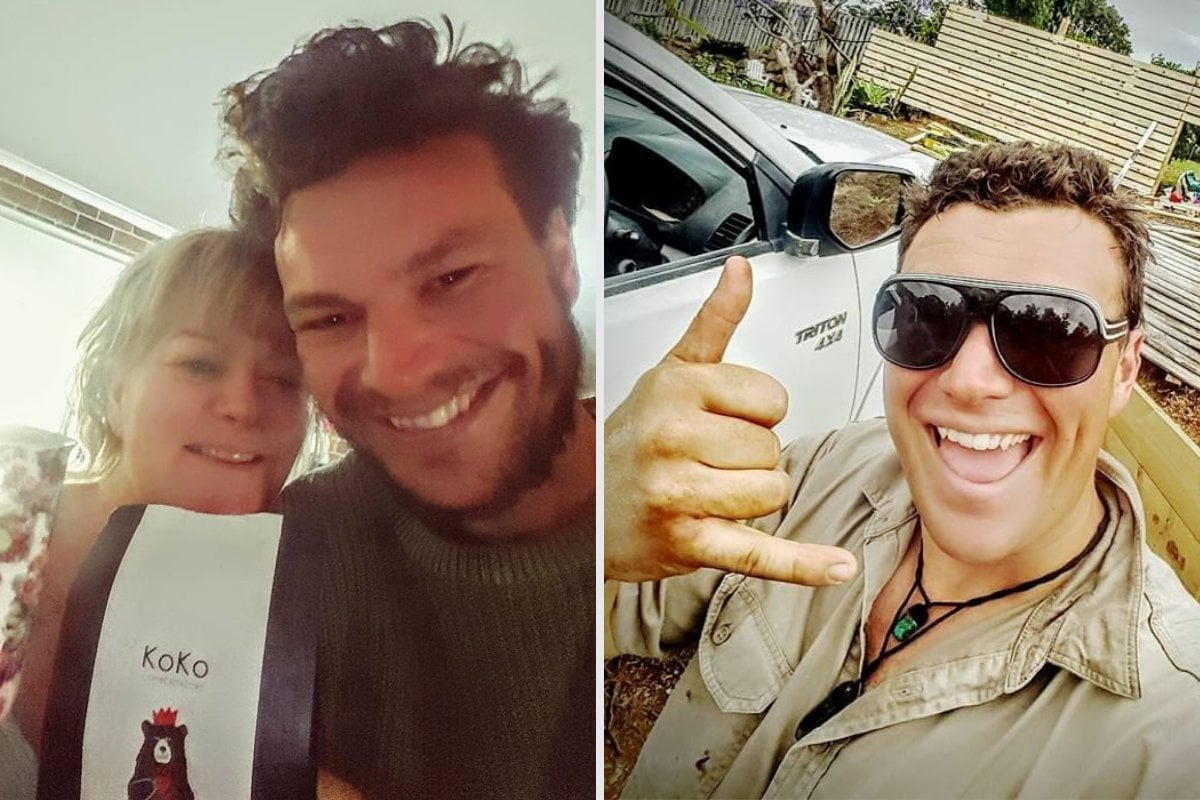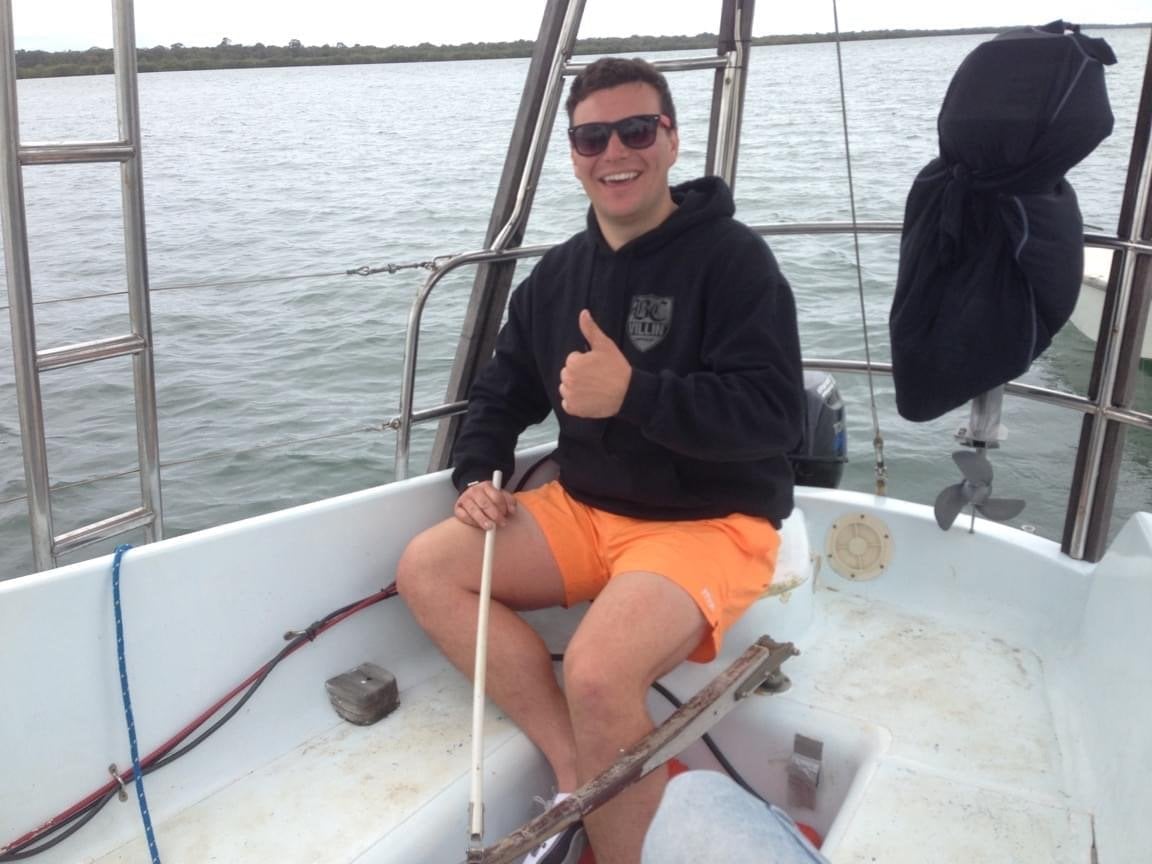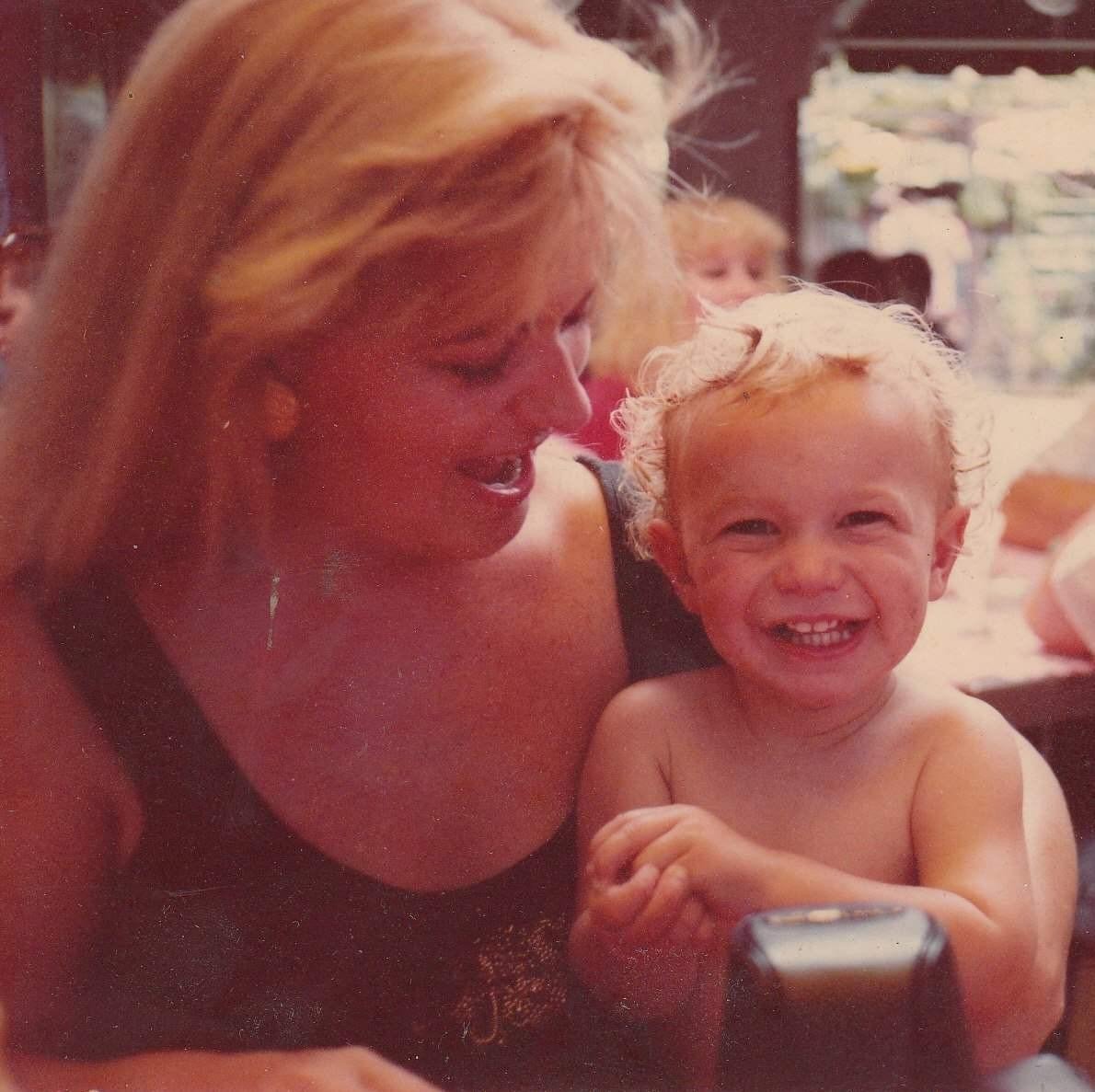
This story discusses suicide.
It was a typical hot dry Mallee summer’s day in 2018.
My husband, Mick, had done his usual check of the sheep and water in the morning and then called it a day early in the afternoon.
Moments after we finished our dinner, we heard the dogs barking and realised a vehicle was approaching the farmhouse.
I went and looked out and saw a police car pulling into the driveway. I was confused.
I thought they must have been coming to do a random farm gun check as we had heard news of these happening on other farms in the area at the time.
I was in my nightie, so I stayed in the house while Mick went out to speak to the policeman. They spoke for a while, and I began to get curious. I threw some clothes on and went out to see what was happening.
The policeman was in the patrol car and Mick was standing back, looking not quite himself.
The policeman got out of the vehicle slowly. He didn’t go to the shed to check the guns like I expected, but instead, he started to walk towards me.
I didn’t understand what was happening.
"Suzi?" the policeman enquired.
I responded with, "Yes".
"Your son is Murray James Chesser?"
"Yes." I swallowed.




